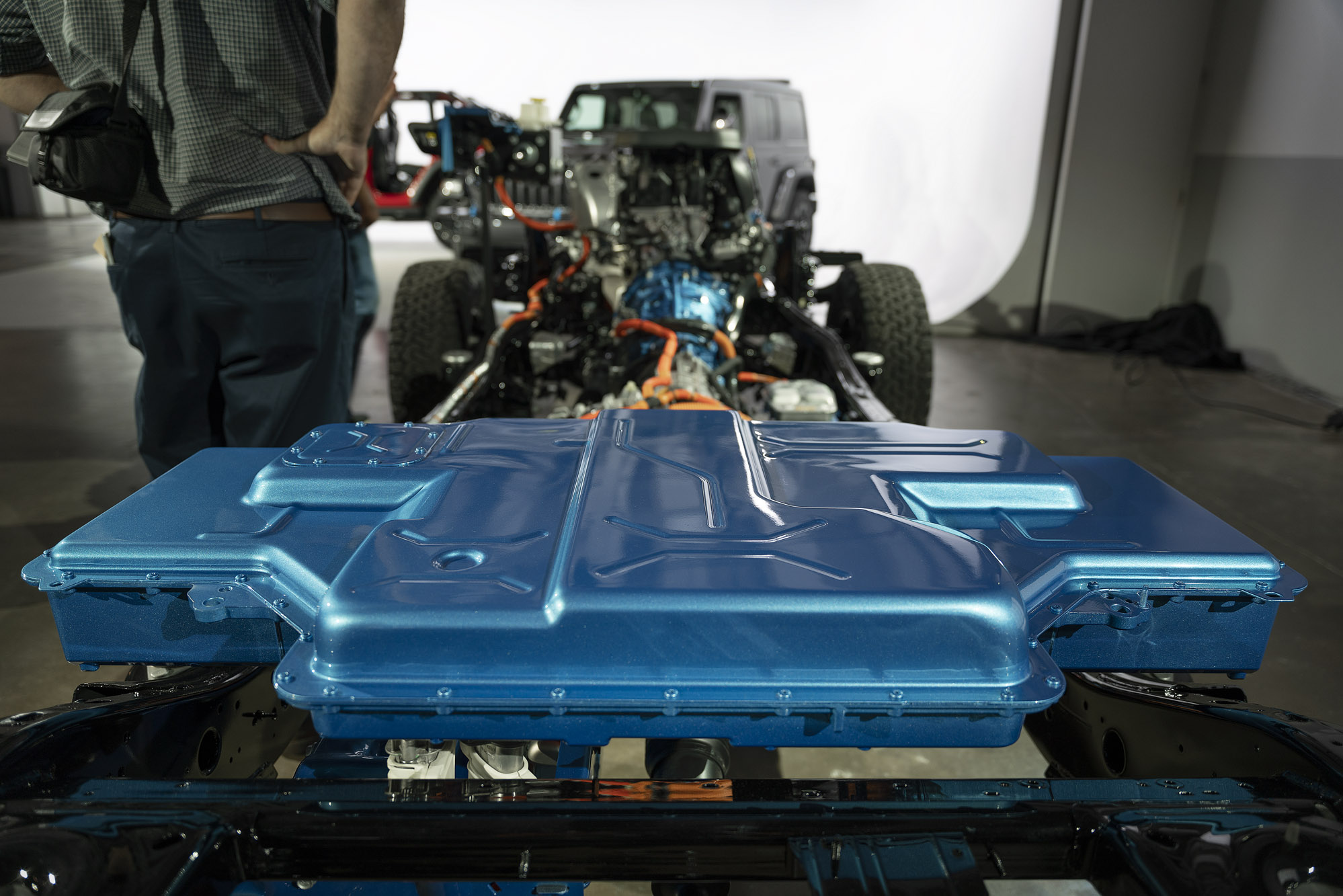While Lemon Laws are traditionally associated with cars, trucks, and motorcycles, they may also apply to electric scooters under certain conditions. Lemon Laws are designed to protect consumers who purchase defective vehicles, ensuring that manufacturers are held accountable for providing safe, functioning products. If your electric scooter has recurring defects that the manufacturer is unable to fix after a reasonable number of repair attempts, it may qualify as a lemon.
What Are Lemon Laws?
Lemon Laws are consumer protection laws designed to help individuals who have purchased or leased defective vehicles. These laws generally apply to cars, trucks, and motorcycles, ensuring that manufacturers are held accountable when they sell products that fail to meet reasonable standards of quality and safety. The main purpose of Lemon Laws is to provide consumers with legal recourse when they end up with a vehicle that has recurring problems that cannot be fixed after multiple repair attempts.
Under Lemon Laws, if a vehicle has substantial defects that impair its use, safety, or value, and these defects are not resolved after a reasonable number of attempts, the consumer may be entitled to a refund, replacement, or compensation. Typically, the laws apply to new vehicles, though in some states, they may also cover used or leased vehicles if they meet specific conditions.
Application to Electric Scooters
While Lemon Laws are traditionally associated with larger vehicles like cars, trucks, and motorcycles, their application to smaller, more personal forms of transportation—such as electric scooters—varies. Electric scooters, as a relatively new addition to personal transportation options, are not always explicitly covered under Lemon Laws in every state. However, depending on the jurisdiction, certain consumer protections may still apply.
In some cases, electric scooters may qualify for Lemon Law protection if they are considered motor vehicles under state law, or if the state has laws that encompass smaller transportation devices. Key factors, such as the cost of the scooter, the severity of the defect, and the number of unsuccessful repair attempts, can influence whether Lemon Law protections are extended to electric scooters.
For example:
- If an electric scooter has battery or motor defects that impair its ability to operate safely or reliably, and the manufacturer is unable to fix the issue after multiple repair attempts, it may be considered a “lemon” in certain jurisdictions.
- Jurisdictional Differences: Some states may have explicit clauses in their Lemon Laws that define motor vehicles more broadly, potentially including electric scooters. In other cases, consumer protection laws outside of Lemon Laws, such as warranty or product liability laws, might provide relief for defective scooters.
Common Defects in Electric Scooters That Could Make Them Lemons
List of Common Defects
- Battery Malfunctions or Failures
The battery is the lifeblood of an electric scooter, powering its motor and other functions. Common battery-related issues include rapid draining, failure to hold a charge, or overheating. If your scooter’s battery dies suddenly while you’re in motion, it can leave you stranded, posing a significant safety risk, especially in traffic or unfamiliar areas. - Brake System Issues
Faulty or unreliable brakes are a major safety concern for electric scooter users. Defects such as brakes not engaging properly, delayed braking response, or complete brake failure can increase the risk of accidents. If a scooter’s braking system malfunctions, it can make it difficult to stop in time, especially when navigating busy streets or avoiding obstacles. - Motor and Acceleration Problems
Issues with the motor or acceleration system can severely affect the performance of an electric scooter. Defects in the motor may cause the scooter to accelerate unpredictably or not at all. This can result in dangerous situations, such as the scooter suddenly speeding up or losing power while in motion. A malfunctioning motor can also reduce the scooter’s overall efficiency and range, making it unreliable for regular use. - Electrical System Malfunctions
Electric scooters rely on complex electrical systems to function properly. Defects in this system, such as faulty wiring, inconsistent power supply, or malfunctioning displays, can disrupt the scooter’s operation. These issues may cause the scooter to stop suddenly, misread speed, or fail to indicate battery levels accurately. Electrical system malfunctions can render the scooter unsafe or unusable, especially if they occur unexpectedly while riding. - Frame or Structural Defects
Structural defects, including cracks in the frame, loose joints, or weak components, can compromise the scooter’s integrity. These issues can lead to instability or even cause the scooter to break apart while in use, which poses an extreme safety hazard. Scooters with poorly designed or manufactured frames are particularly vulnerable to wear and tear, especially when ridden on uneven or rough surfaces.
Why These Issues Matter
The defects listed above are not just inconvenient; they can make electric scooters dangerous to use. Whether you’re commuting to work, running errands, or riding for recreation, a malfunctioning scooter can result in accidents or injuries. Here’s why these issues are so critical:
- Safety Risks: Problems like brake failures or sudden power loss can lead to collisions with pedestrians, vehicles, or stationary objects. Motor and acceleration issues, in particular, can make it difficult to control the scooter in busy or hazardous environments.
- Reliability Concerns: If your scooter constantly fails due to battery malfunctions or electrical system defects, it can leave you stranded or make it impossible to rely on the scooter for daily transportation.
- Performance Impact: Defects that affect the motor or frame can reduce the scooter’s efficiency and longevity, diminishing the overall value of your purchase. A defective scooter can also increase repair costs and downtime, making it a costly and frustrating investment.
How to Determine If Your Electric Scooter Qualifies as a Lemon
Criteria for Lemon Status
To determine whether your electric scooter qualifies as a lemon under Lemon Laws, it must typically meet certain criteria:
- Multiple Repair Attempts for the Same Defect Without Resolution
One of the primary indicators that your scooter is a lemon is if you’ve taken it in for repairs multiple times for the same issue, but the problem still persists. Lemon Laws usually require that manufacturers are given a “reasonable number of attempts” to fix the defect. This can vary by jurisdiction but generally means two or more repair attempts for a major safety issue or four or more for other types of defects. If the problem remains unresolved after these repair attempts, your scooter may qualify as a lemon. - The Scooter is Out of Service for an Extended Period Due to Repairs
Another key factor is how long your scooter has been in the repair shop. If it has been out of service for an extended period—typically 30 days or more (not necessarily consecutive)—due to repair attempts, it may be considered a lemon. The inability to use your scooter for an extended period significantly impacts its functionality and reliability, which is a qualifying factor under most Lemon Laws. - The Defect Affects the Scooter’s Safety, Use, or Value
The defect must affect the scooter in a significant way, either by compromising its safety, impairing its usability, or reducing its overall value. For example, brake failures, battery malfunctions, or motor issues that make the scooter unsafe or unreliable to ride are key indicators. The defect doesn’t have to make the scooter completely inoperable, but it must substantially diminish its performance or value.
Documentation
If you suspect your electric scooter qualifies as a lemon, documenting the issue is crucial to building a strong case. Keep detailed records throughout the entire process to ensure you have sufficient evidence when filing a Lemon Law claim. Here’s what you should track:
- Repair Attempts
Each time you take your scooter in for repairs, make sure you get a written record of the service, including:some text- A detailed description of the problem.
- What repairs were performed (or attempted).
- The date and duration of each repair attempt.
Having multiple records showing repeated attempts to fix the same issue will strengthen your claim.
- Communications with the Manufacturer or Retailer
Keep copies of any written correspondence (emails, letters) with the manufacturer or the retailer regarding the defect. This includes any requests for repairs, responses from the company, and details of any service appointments. If you’ve communicated by phone, write down the date and details of each call to create a paper trail. - Service Invoices and Receipts
Always ask for service invoices and receipts after each repair attempt. These documents will help you prove how many days the scooter has been out of service and show what specific issues were addressed—or not resolved—during the repairs. - Impact on Use and Value
Take note of how the defect is affecting your ability to use the scooter. Are you unable to ride it safely? Has the defect caused financial strain through repeated repair costs or rental expenses for alternative transportation? Documenting the impact of the defect on your daily life will help establish the significance of the problem.









